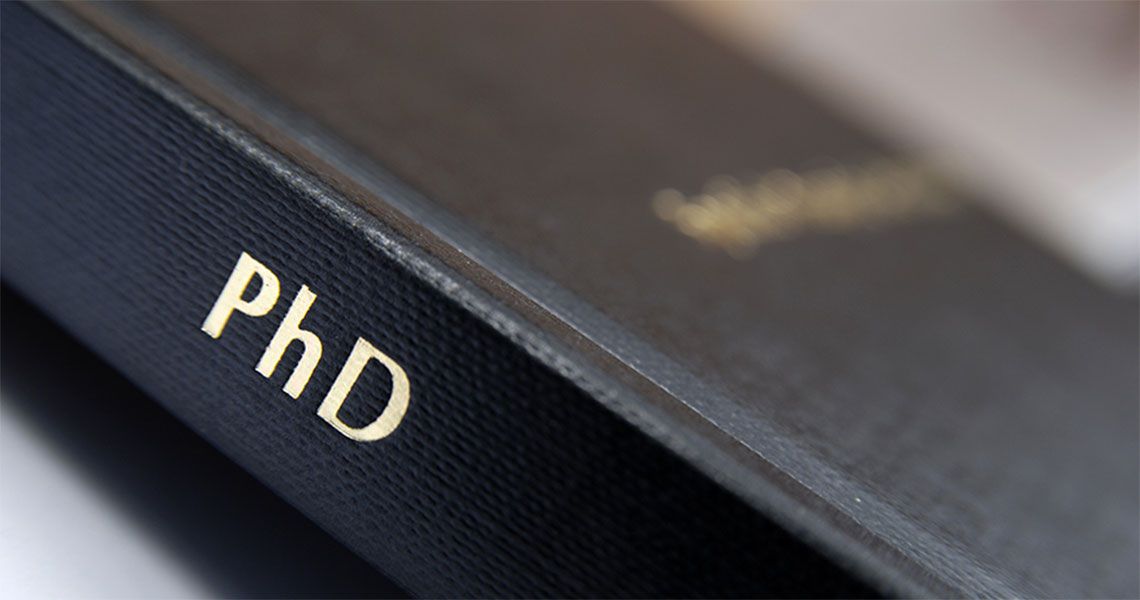Jeffrey Brand, PhD, associate dean for graduate studies and associate professor of philosophy at the Columbian College of Arts and Sciences (CCAS), took a roundabout path to George Washington University (GW), passing first through undergrad, where he majored in philosophy, then a JD-PhD program, to a faculty position at a small Midwestern college that he couldn’t locate on a map.
“You never know what’s going to happen; new opportunities arise, new challenges present themselves. You’ll have surprises, misfortunes, unexpected discoveries, epiphanies personal and intellectual,” he said to the PhD graduates at their hooding ceremony held May 17. “Now that you’ve spent so much time on one subject, people are going to assume that you’re on a clearly defined path. Your future is set, no more surprises. But they’re wrong; your doctorate gives you options. It gives you perspective. It gives you skills and judgment and knowledge.”
For the graduates of the Institute of Biomedical Sciences (IBS), designed to integrate CCAS, the GW School of Medicine and Health Sciences (SMHS), and Children’s National Health System, the hooding ceremony marked two distinctions: the completion of a rigorous program and the elevation to expert.
“You have accomplished something immensely difficult,” Brand said. “You’ve earned the right to call yourself an expert in something.”
Graduating IBS students, many of whom are moving on to post-doctoral fellowships, according to Alison Hall, PhD, associate dean for research workforce development and professor of neurology at SMHS, focused on one of three areas: biochemistry and systems biology, molecular medicine, or microbiology and immunology. Starting in the fall of 2018, however, the programs will be reshaped to include cancer biology, genomics and bioinformatics, microbiology and immunology, neuroscience, and pharmacology and physiology.
In the updated programs, students will also take common, interdisciplinary core courses in the fundamentals of biomedical science, and in career and professional development, as they rotate through different laboratories of interest. Following coursework and rotations, they prepare a fellowship-style grant proposal outlining their original experimental design and analysis for advancement to candidacy.
All IBS students, regardless of the individual program, finalize their PhDs at the hooding ceremony, a rite that “encapsulates a moment in time,” according to CCAS Dean Ben Vinson, PhD, who also serves as a professor of history.
“The hood symbolizes the power of knowledge, the power of creativity, and its transformative force to improve the world through your work,” he said. “As a doctoral student, you’ve taken extraordinary journeys, from the classroom to the laboratory. …Continue to hone and draw from the depths of your expertise. Be the changemakers, the creators, the discoverers, the innovators, the leaders that will help push society forward.”



